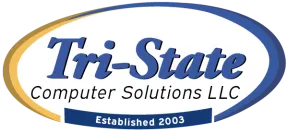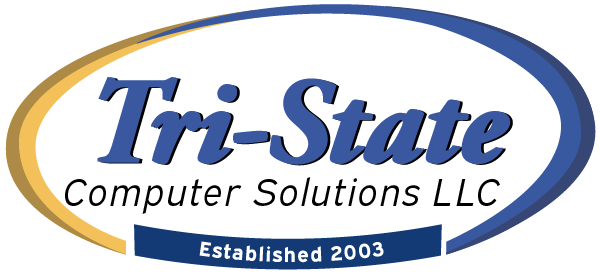August 18, 2025
While you and your team may be returning from vacation, cybercriminals are relentlessly active year-round. Recent research from ProofPoint and Check Point reveals a notable surge in phishing attacks during the summer months. Here's how you can stay vigilant and safeguard your business.
Why Are Cyber Threats Rising in Summer?
Cyber attackers exploit the summer travel season by impersonating popular hotel and Airbnb platforms, according to Check Point Research. They've identified a staggering 55% rise in new vacation-related website domains in May 2025 compared to last year, with over 39,000 domains registered—one in every 21 flagged as malicious or suspicious.
Additionally, the back-to-school period triggers an increase in phishing scams mimicking legitimate university emails targeting students and staff. Even if your industry isn't directly affected, employees checking personal emails on work devices can inadvertently expose your entire business to cyber threats with a single click.
How to Protect Your Business
While AI enhances cybersecurity defenses and streamlines operations, it also empowers attackers to craft more convincing phishing attempts. Training yourself and your team to recognize these threats is crucial to prevent falling victim.
Follow these essential safety tips to defend against cyberattacks:
• Stay alert for suspicious emails. Don't rely solely on spotting spelling mistakes or poor grammar—AI can generate polished phishing emails. Scrutinize the sender's email address and any visible links to verify their authenticity.
• Verify URLs carefully. Watch out for misspelled links or unusual domain extensions like .today or .info, which are common in scam websites.
• Access websites directly. Instead of clicking on links from emails or messages, type the website address yourself to avoid fraudulent sites.
• Enable Multifactor Authentication (MFA). MFA adds an extra layer of security, ensuring your credentials and sensitive data remain protected even if a breach occurs.
• Use caution with public WiFi. When connecting to public networks, always use a VPN to securely access sensitive information like booking portals or financial accounts.
• Avoid checking personal email on work devices. Mixing personal and professional accounts on the same device increases security risks. Keep personal activities on personal devices and work tasks on company equipment.
• Consult your MSP about endpoint security. Endpoint Detection and Response (EDR) software monitors your devices, blocks phishing attempts, prevents malicious downloads, and alerts your MSP immediately if a breach occurs, minimizing data exposure.
Phishing tactics are evolving rapidly, especially with AI advancements. Keeping your team educated is your strongest defense. Stay proactive, stay informed, and protect your business.
Kick off the season with confidence—click here or call us at 973-439-0306 to schedule your FREE 10-Minute Discovery Call today.





